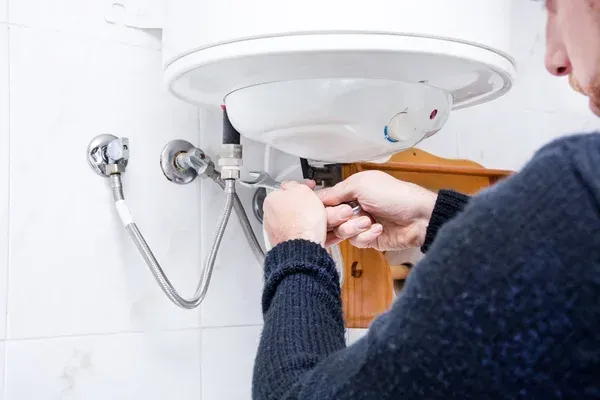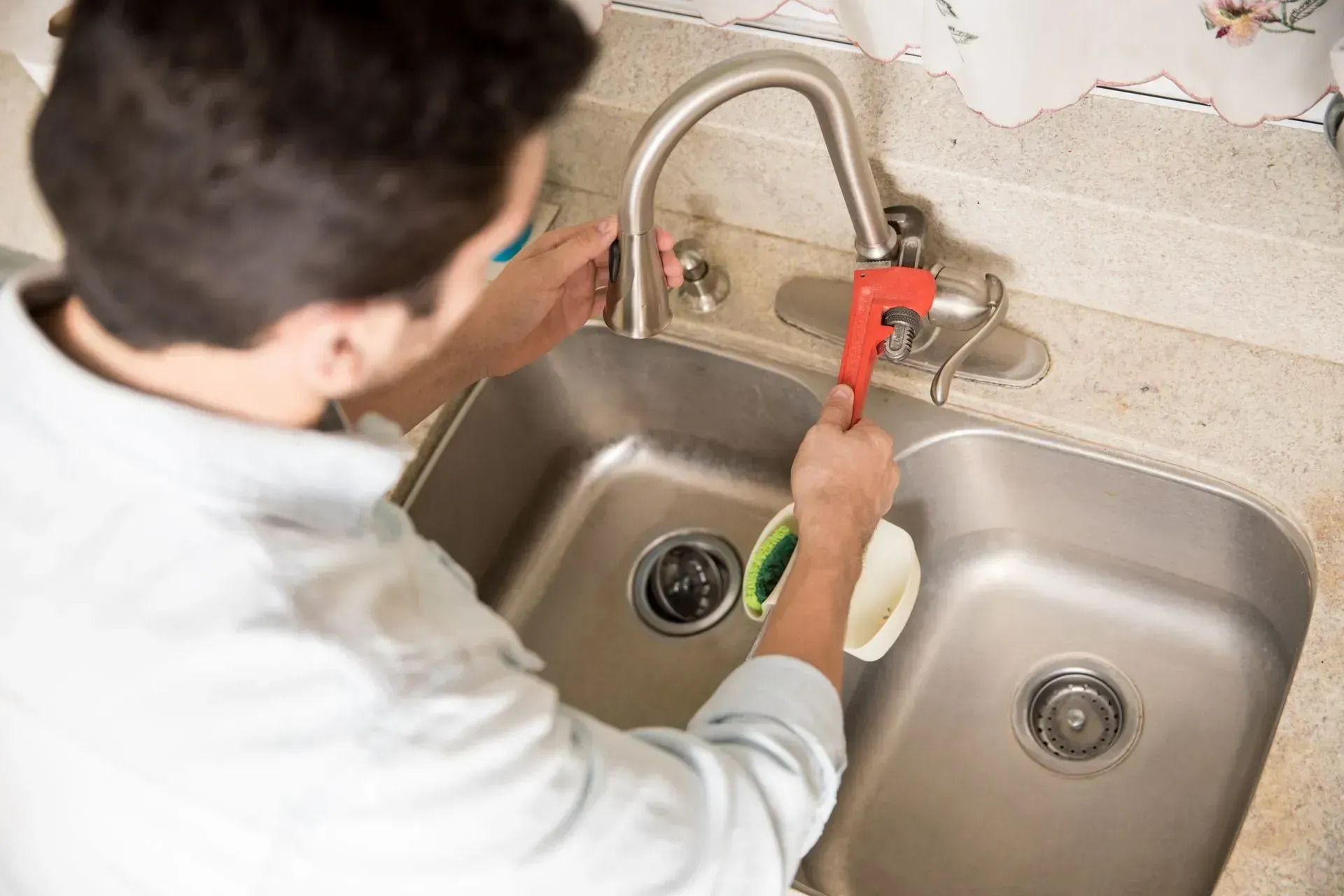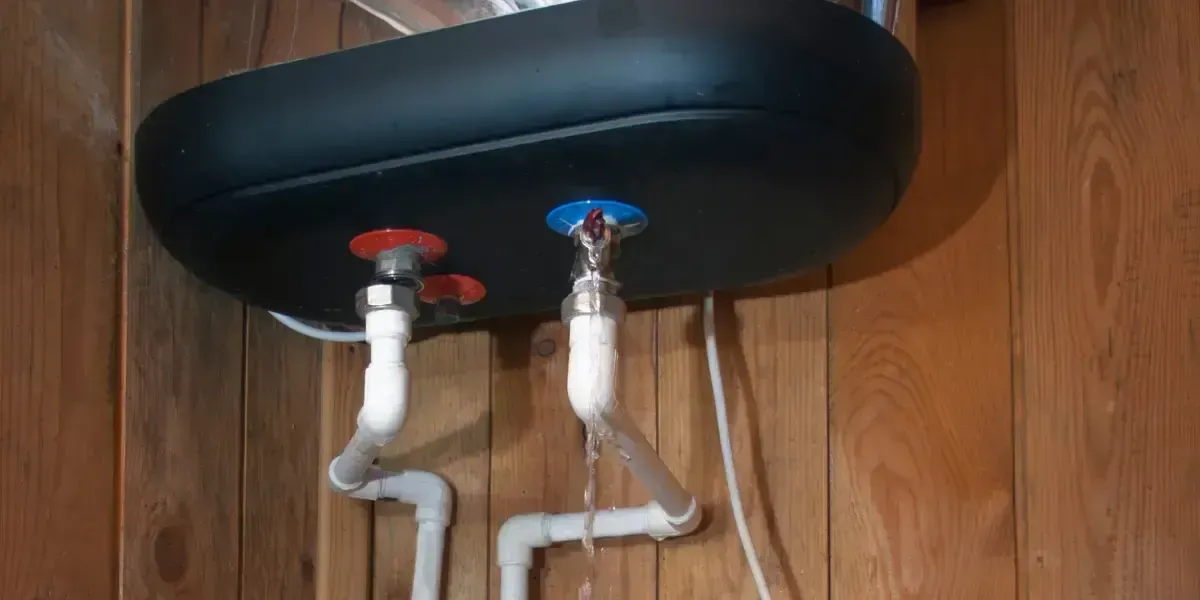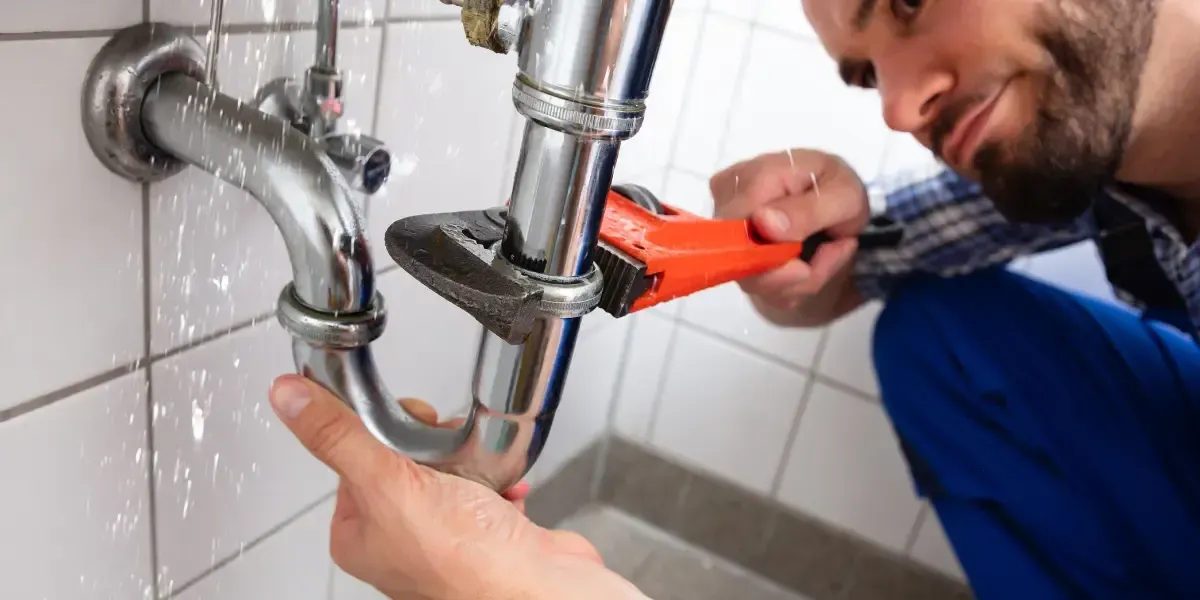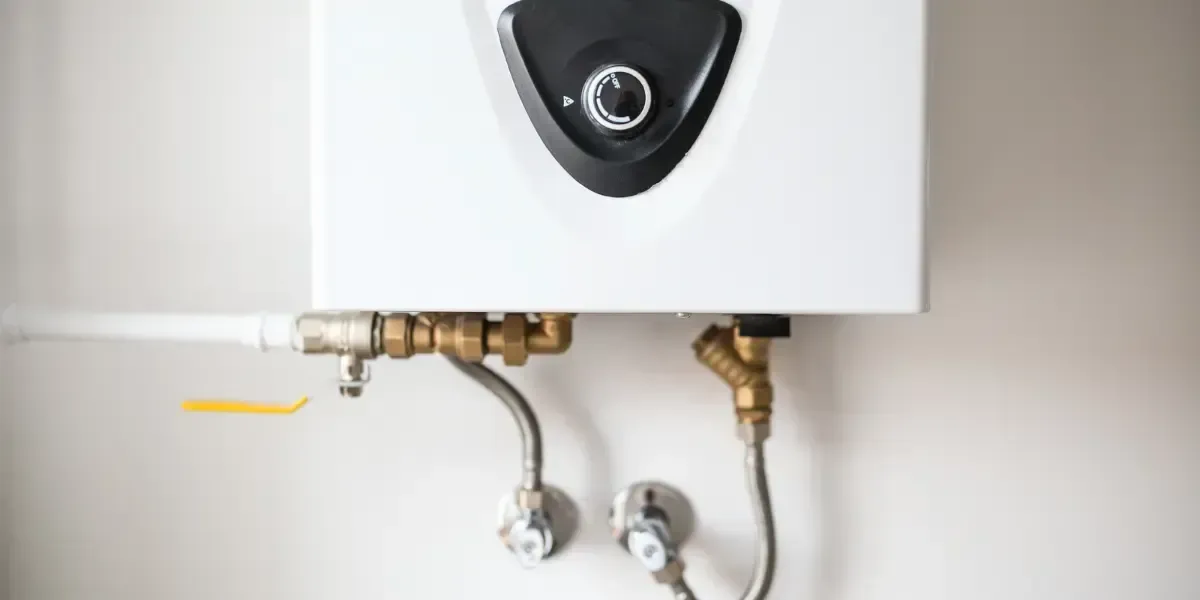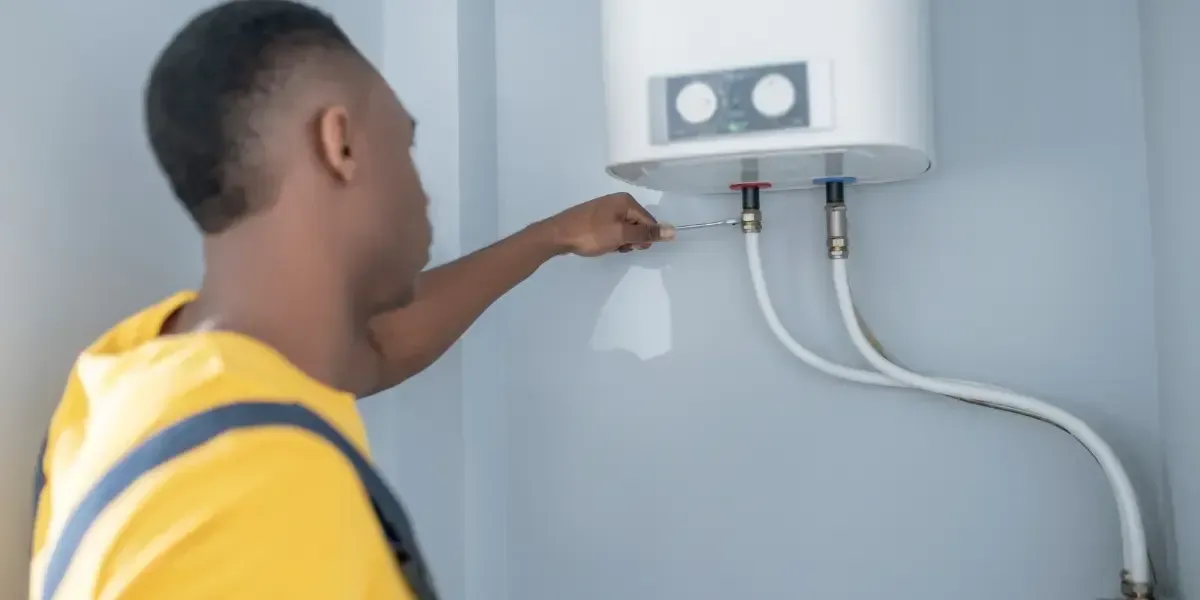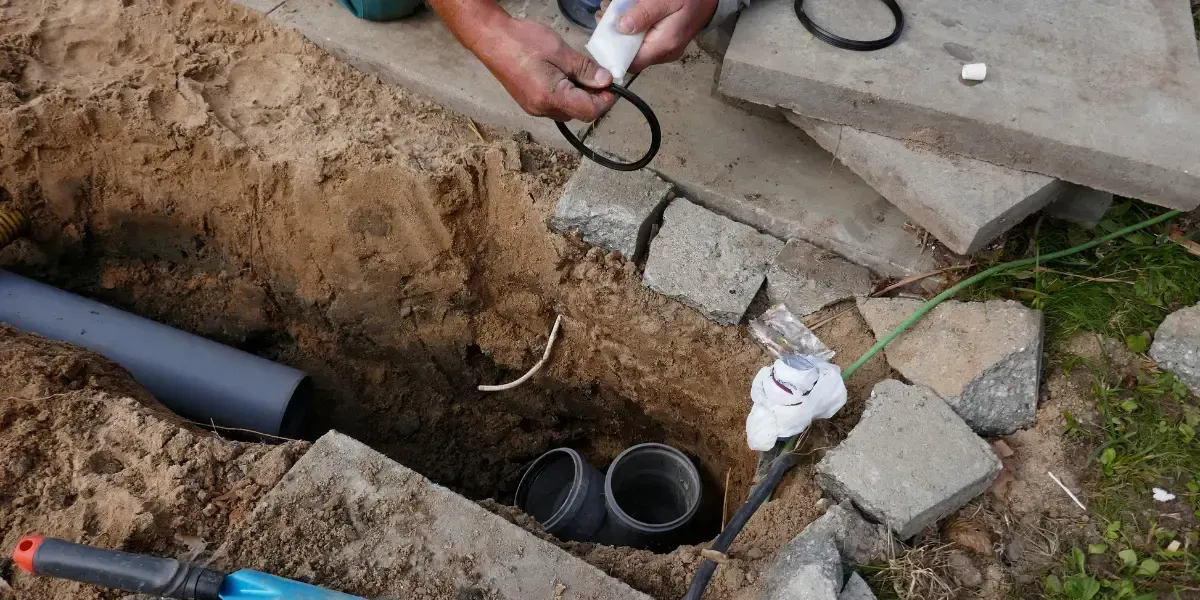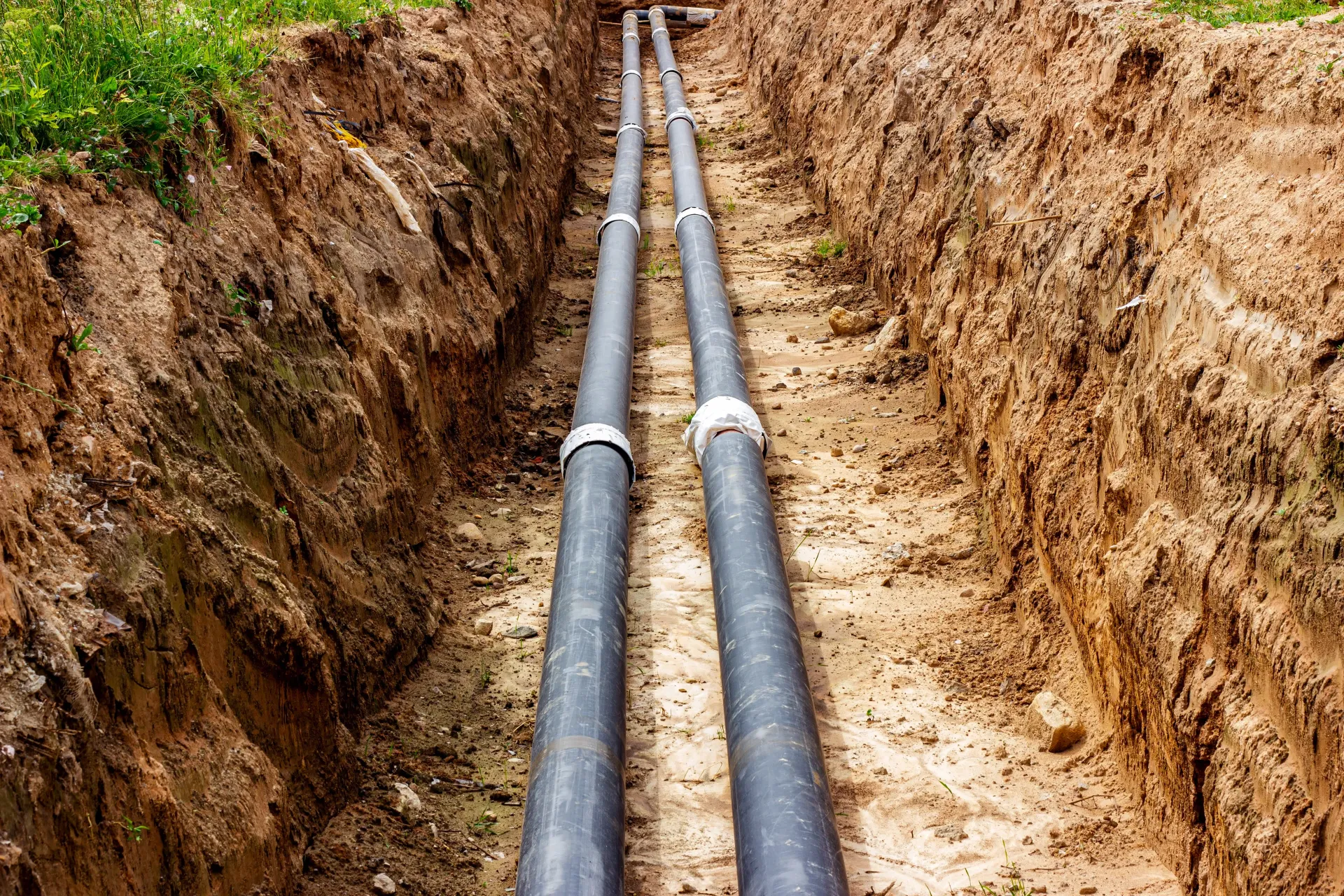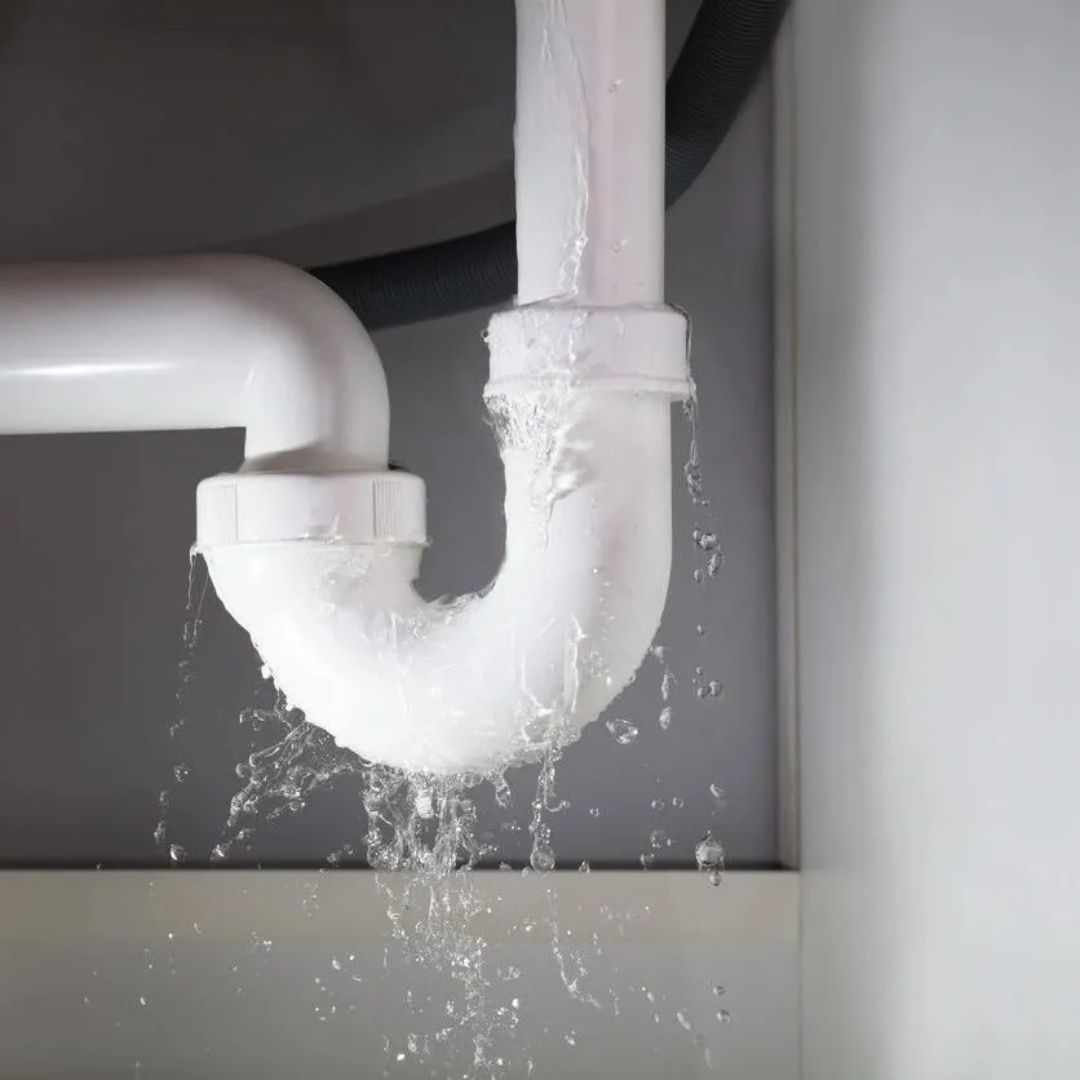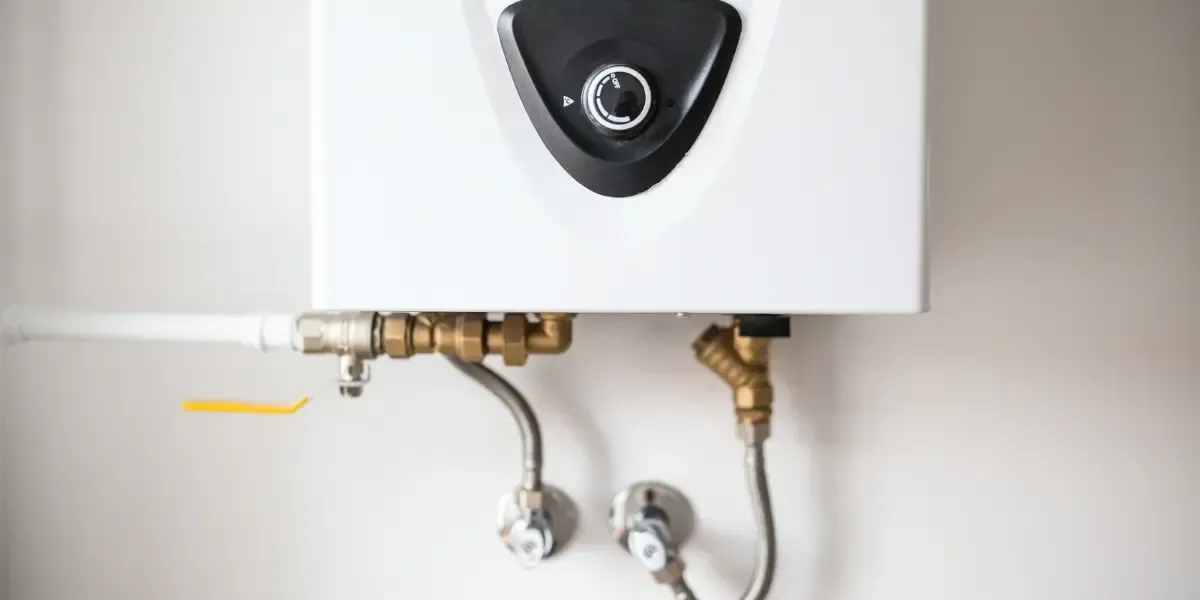Installing a Water Heater? Here’s What You Must Know
Installing a water heater is a crucial step in ensuring your home has a reliable and efficient hot water supply. Whether you're replacing an old unit or installing a new one, understanding the process, requirements, and best practices can save you time, money, and frustration.
In this comprehensive guide, we will walk you through the key aspects of installing a water heater, from selecting the right type to ensuring safe installation and maintenance.
Key Takeaways
- Determine the capacity and type of water heater based on household usage.
- Decide between tank and tankless models based on efficiency and space availability.
- Look for high Energy Factor (EF) ratings and eco-friendly options.
- Ensure proper ventilation and compliance with local building codes.
- Hiring a licensed plumber guarantees safety, efficiency, and long-term reliability.
Factors to Consider When Choosing a Plumbing Contractor in Windsor
Assess Your Hot Water Needs
Before purchasing a water heater, it's essential to evaluate your household's hot water usage. Factors such as the number of occupants, peak usage times, and specific needs (e.g., large tubs or high-demand appliances) should be considered. Proper assessment ensures that you choose a unit that efficiently meets your requirements without unnecessary energy wastage.
Choose the Right Type of Water Heater
Tank Water Heaters
Traditional storage tank water heaters hold a specific amount of heated water, which is available on demand. They are ideal for households with consistent and simultaneous hot water needs. However, they require more space and can lead to standby heat loss, increasing energy consumption.
Tankless Water Heaters
Tankless (on-demand) water heaters provide hot water only when needed, eliminating standby heat loss. They are more energy-efficient and space-saving but may require a higher upfront investment. If your household doesn't require simultaneous hot water use at multiple points, a tankless system could be a great choice.
Consider Energy Efficiency
Energy efficiency is a critical factor when selecting a water heater. Look for units with high EF ratings, ENERGY STAR® certification, and energy-saving features such as recirculation pumps or heat traps. Gas-powered models tend to be more efficient than electric ones, though both have eco-friendly advancements available.
Plan the Installation Location
Proper placement of your water heater ensures safety and efficiency. Key considerations include:
- Compliance with local building codes and regulations.
- Adequate ventilation (especially for gas water heaters).
- Accessibility for maintenance and repairs.
- Proximity to plumbing fixtures to minimize heat loss.
Hire a Professional Installer
Installing a water heater involves complex plumbing and electrical work. A professional plumber ensures compliance with local codes, proper venting, and secure connections to prevent leaks, gas hazards, or electrical issues. Professional installation can also help you qualify for warranty benefits and rebates.
Understand Maintenance Requirements
Regular maintenance extends the lifespan of your water heater and maintains optimal performance. Some key maintenance tasks include:
- Flushing the tank to remove sediment buildup.
- Inspecting and replacing the anode rod to prevent corrosion.
- Checking for leaks and ensuring proper thermostat settings.
- Testing the pressure relief valve for safety.
Budget for Installation and Operating Costs
The cost of installing a water heater varies depending on the type, size, and complexity of installation. While tankless models have higher initial costs, they offer long-term savings through energy efficiency. Be sure to account for installation fees, permits, and potential upgrades to your home's plumbing system.
How Mike's Plumbing and Rooter Service Can Help You
When it comes to installing a water heater, working with a trusted professional makes all the difference. At Mike's Plumbing and Rooter Service, we offer:
- Experienced Professionals: Our licensed and certified plumbers have years of experience handling various water heater installations.
- Quality Workmanship: We ensure every installation meets industry standards for safety and efficiency.
- Energy-Efficient Solutions: We help you select and install energy-saving water heaters tailored to your needs.
- Affordable Pricing & Financing Options: We provide competitive pricing and financing options to fit your budget.
- Exceptional Customer Service: Our team is dedicated to ensuring your satisfaction and providing ongoing support.
Conclusion
Installing a water heater is a significant home improvement project that requires careful planning, professional installation, and regular maintenance. By selecting the right type, ensuring energy efficiency, and working with experts like
Mike's Plumbing and Rooter Service, you can enjoy reliable hot water while maximizing savings and efficiency. If you're ready to install or replace your water heater, contact us today for expert guidance and service.
Frequently Asked Questions
What size water heater do I need?
The size depends on household usage. A family of four typically requires a 50-gallon tank, while a tankless unit should provide at least 5 gallons per minute.
How long does it take to install a water heater?
Installation typically takes 2-4 hours, depending on the complexity of the setup and whether modifications are needed.
Can I install a water heater myself?
DIY installation is not recommended due to the risk of leaks, electrical hazards, and improper venting. Hiring a professional ensures safety and compliance.
How long do water heaters last?
Tank water heaters last 8-12 years, while tankless models can last 20+ years with proper maintenance.
What are signs that my water heater needs replacement?
Common signs include inconsistent hot water, leaks, rust-colored water, and unusual noises from the tank.

